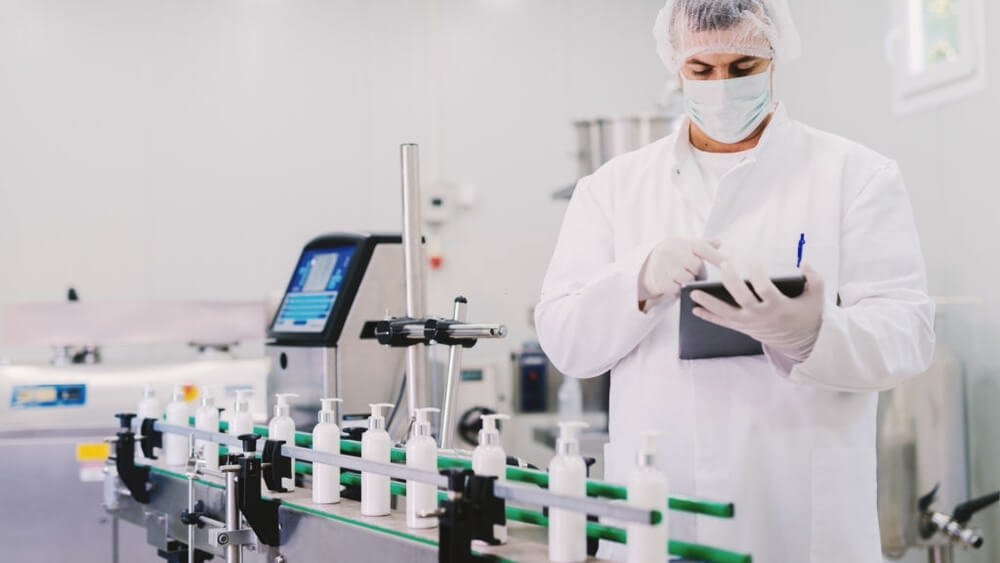It is clear that you need to use sunscreen every day and, in all conditions, whether sunny, stormy, etc. This is often necessary to protect the skin against cancer and premature aging. This necessity brings up the question to mind, “Which type of sunscreen should I use, mineral or chemical?” to which we are going to answer the best we can in the following lines.
How do chemical and mineral sunscreens work?
Chemical and mineral sunscreens protect your skin from the harmful effects of bright sunlight in various ways. Mineral sunscreen, zinc oxide, and titanium dioxide are tiny particles that sit on the skin’s surface and physically prevent UV rays from entering the skin. On the other hand, chemical sunscreens give the skin a radiant glow. That is, when light enters the skin, the chemicals in the sunscreen create a chemical reaction in which UV light is converted to heat, and the heat is dispersed.

What are the features of mineral sunscreen
Mineral sunscreens have become very popular in recent years; some of the reasons are:
- Mineral sunscreen is effective as soon as it is applied. However, for more effective performance, it needs to be absorbed thoroughly.
- Mineral sunscreen may be removed from the skin by contacting your cloth or sweat.
- Mineral sunscreens almost never irritate the skin.
- Mineral sunscreen may leave a white mark, especially on darker skin.
- Due to the formulation, you should use a large amount of mineral sunscreen to protect your skin better.

What are the chemical sunscreen highlights?
The effect of chemical sunscreen starts about 25-30 minutes after use. But for a more convincing performance, it must be absorbed. We can highlight the following features as well;
- Chemical sunscreens are usually more diluted than mineral sunscreens, so they are easier to apply.
- Chemical sunscreens are mostly chosen because of their water-resistant details.
- When chemical sunscreens get wet or sweaty, they do not leave the white stamp.
- Chemical sunscreen may be allergenic for people with extremely sensitive skin.
- You should charge both types of sunscreen regularly as much as possible.
- Whatever sunscreen you choose, you should use it in a circular motion throughout the year.
Finally, we can see the differences between mineral sunscreens and chemical sunscreens in most aspects. While chemical sunscreens are like fast food, Mineral sunscreens take longer to wash and need to be reused more frequently. However, looking at the matter in the long term, mineral sunscreens are safer. Bottom-line, no matter which type of sunscreen like Sunscreen + Primer Broad-Spectrum SPF 30 you are using, just keep in mind that the combination of two types is an alternative option to your current choice.


